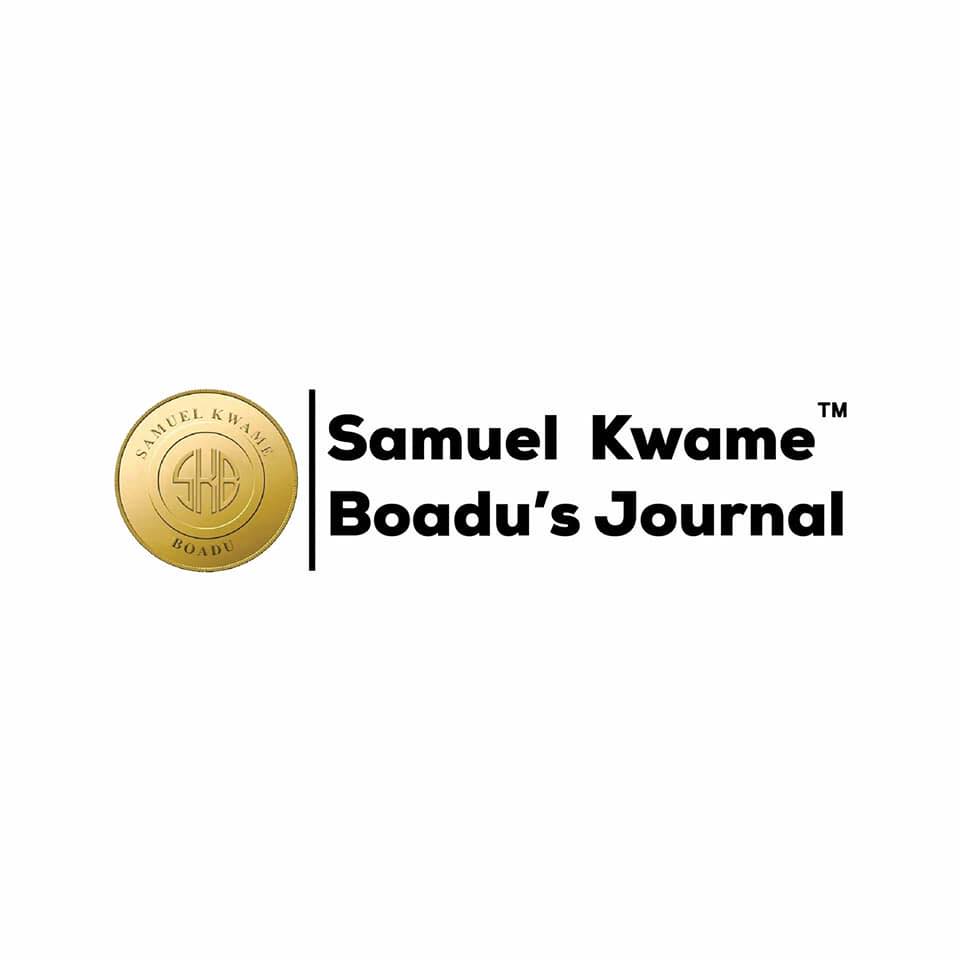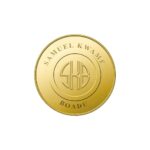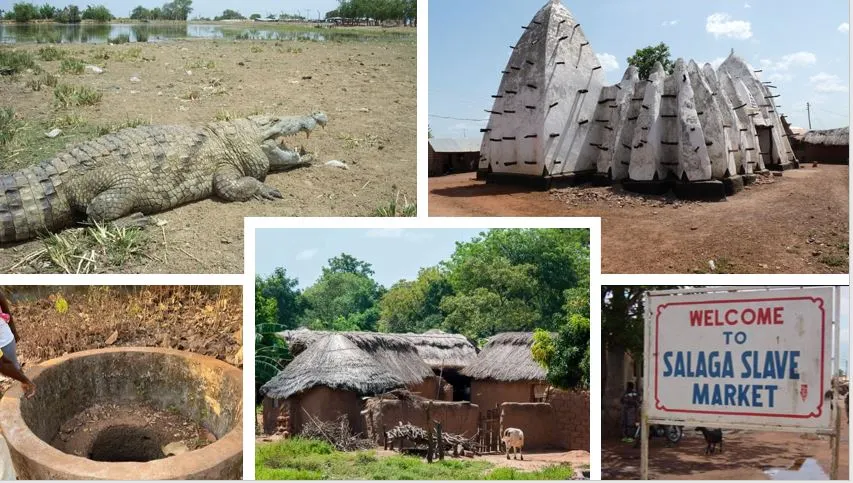The Savannah Region is one of the newest regions in Ghana and despite it being new, it is also the largest and as such, has been divided into districts all of which have capitals. The specific capital of the entire Savannah Region is Damongo. Within the Savannah Region, there are various attractions that you can enjoy while there.
5 things to do and see in the Savannah Region of Ghana
 Mole National Park
Mole National Park
You will enjoy a trip to the Mole National Park if you are a fan of spotting the rarest and most endangered animal species and generally a wide range of animals. This is because Mole happens to be Ghana’s largest refuge for wildlife. This wildlife includes both flora and fauna so you can expect to see unique tree species. The park has both River Lovi and Mole flowing through it. While there, you can also try the locally made honey harvested by the locals through traditional methods. The honey is also unique because it is made from flowers found in the vast Mole National Forest within the park.
 Labaranga Mosque
Labaranga Mosque
The Labaranga Mosque is another place of great interest in the Savannah Region, being the oldest Mosque in the entire country of Ghana. Local Ghanaian people refer to it as the Mecca of West Africa, considering its historical value and architecture. That said, it is unfortunately among the 100 Most Endangered Sites in the world today according to the World Monument Fund. With the respect it holds, this mosque is definitely worth your visit if you find yourself in the country’s largest region.
 Kulmasa Crocodile Pond
Kulmasa Crocodile Pond
Unfortunately, the Kulmasa Crocodile Pond has a lot of potential that is yet to be realized by many. The pond, located in the Bole District of the Savannah Region is considered a hidden pond, but is worth your visit especially if you love watching the reptiles. It is a sacred crocodile pond and interestingly, residents live peacefully with the crocodiles, often interacting with them. Although the locals decry of the dwindling state of their pond as a tourist attraction site, you still have the opportunity to witness this incredible interaction between human beings and crocodiles.
 Mognori Eco Village
Mognori Eco Village
The Mognori Eco Village is one of the areas that flourishes so well when it comes to ecotourism in Ghana. The village sits on the edge of the magnificent Mole National Park and while there, you can participate in various activities done by villagers. They include going on fun and relaxing canoe safaris on the river. As part of the experience, you will spot crocodiles in the river and monkeys on the trees around. You can also indulge yourself in activities such as learning how to make traditional medicine and shea butter. The villagers also enjoy a good dance every once in a while and you can join them in this and drumming too.
The Salaga Slave Well and Market
The Salaga Slave Well and Market are found deep in the heart of the Savannah Region. The area is truly appreciated by people who love history and was the largest of all slave markets in the West African region. There, you can find the wells that were used by slaves for drinking water, the areas where they were buried and where slaves poured libation. You will also see the museum that holds the artifacts made and used by the slaves.
These are five truly unique sites with a lot of sightseeing activities, and they involve interaction with both human beings and animals.
.
Visit Also:
.
The Western Region – Nzulezo the village on stilts and Bia National Park
.
SKB Journal appreciate you a lot for reading! If you enjoyed this piece by Samuel Kwame Boadu, kindly hit the share button and help others to also see it. You can also like our Facebook page, so you know when we make new posts or Click to JOIN our Telegram Channel where we post JOBS + TIPS





